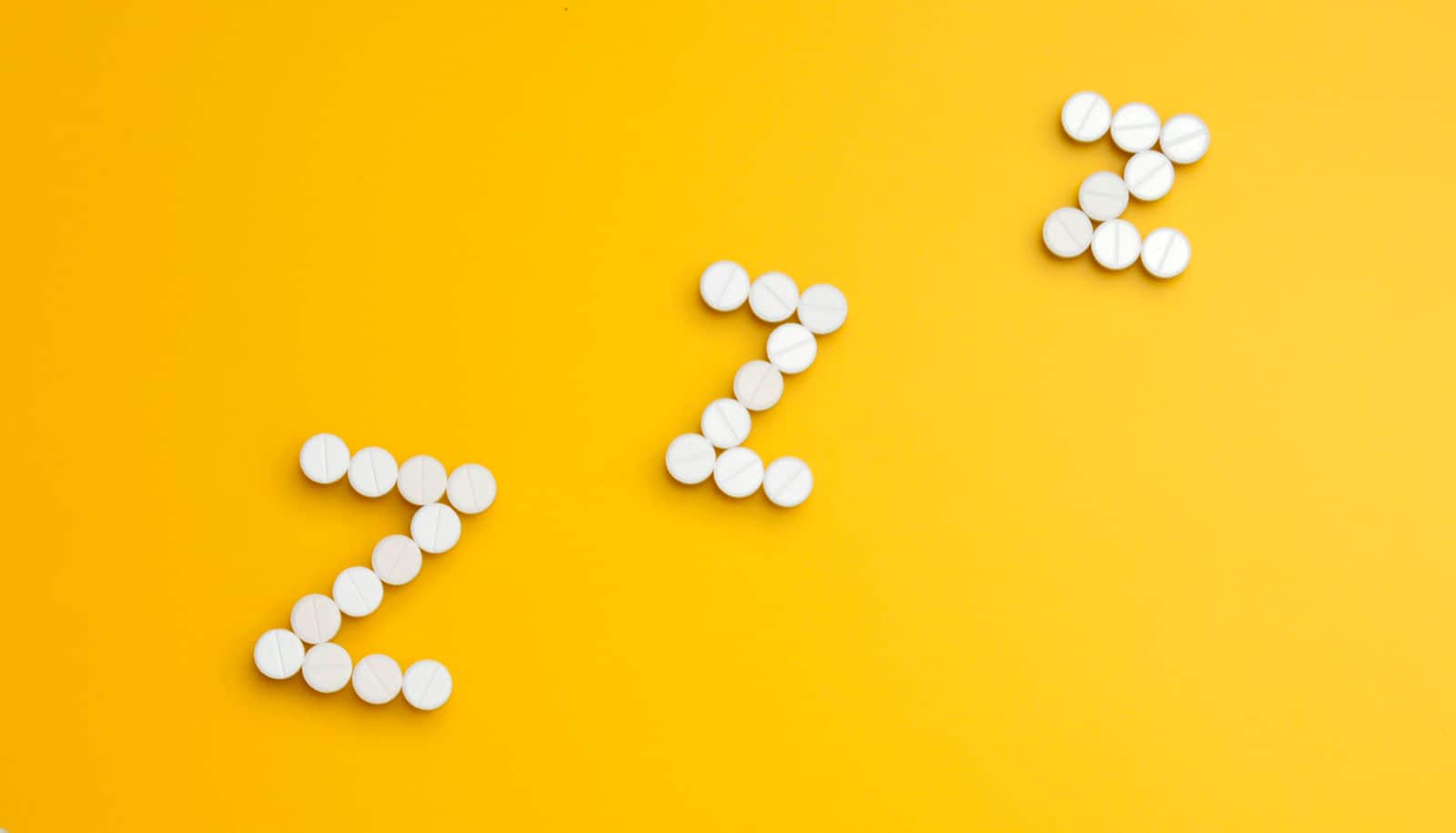New research indicates that ketamine doesn’t lower levels of pain or reduce the need for pain-killing opioid drugs in the days after an operation, though anesthesiologists often use it with those goals.
In addition, older surgery patients who receive it are more likely to experience hallucinations and nightmares in the recovery room and for several days following surgery. Past studies have even suggested ketamine might alleviate postsurgical delirium and confusion in older adults.
“In recent years, there’s been a big increase in the amount of ketamine given in the operating room because clinicians are trying to prevent pain after surgery without relying on opioid drugs,” says Michael S. Avidan, professor of anesthesiology and of surgery at Washington University in St. Louis and lead author of a new study published in the journal The Lancet.
“We found that the current practice of giving low doses of ketamine to patients during surgery is not having the desired effect. So we need to determine whether higher doses might be more effective, or we need to find other alternatives to opioids.”
For the study, Avidan and co-principal investigator George A. Mashour, an anesthesiology professor at the University of Michigan Medical School, evaluated the drug as a way to prevent delirium and other complications. In previous research, Avidan had found that up to 20 percent of older patients experienced delirium following surgery.
Researchers followed 672 surgery patients in four countries: the United States, Canada, India, and South Korea. During surgery, the patients—all at least 60 years of age—either received no ketamine, a very low dose of the drug, or a slightly higher dose. The doses given in the study are the doses routinely given to surgery patients by anesthesiologists who want to lower patients’ levels of postoperative pain.
The patients were then evaluated for several days after surgery. Researchers asked them about their pain, kept track of the amount of opioids needed to control the pain, and evaluated the patients twice daily for delirium—a state that can include confusion, agitation, and an inability to recognize friends and family members.
“When patients become delirious after surgery, they tend to spend more time in the intensive care unit, have longer hospital stays, and have a greater chance of dying,” Avidan says. “Overall, patients who develop delirium have worse outcomes and are at higher risk for long-term cognitive decline. So it’s really important to try to prevent it if we can.”
Ketamine brings depressed mice back to normal
Many in the anesthesiology field were excited when recent, smaller studies suggested that low doses of ketamine during surgery might reduce the chances that patients would develop delirium after surgery.
Further, animal studies showed that the drug could speed recovery from anesthesia in rodents, suggesting that the drug might help protect the brain.
But, the new findings present a less encouraging picture.
“We were particularly surprised by the lack of an effect on postoperative pain,” Mashour says. “Giving single doses of ketamine during surgery to prevent postoperative pain is increasingly common, but our data challenge that practice and suggest that even after decades of use, more research is required if we hope to understand ketamine.”
The fact that the study had the same results at different sites in different countries suggests that the way the drug has been used during surgery is not having the desired effect on delirium and postoperative pain.
“There were various reasons to think this drug was providing protection to the brain around the time of surgery, and we hypothesized that ketamine would, in fact, reduce postoperative delirium and pain,” Avidan says.
‘Club drug’ ketamine may treat depression quickly
“Unfortunately, it didn’t do either. And while not helping with those things, ketamine was causing other problems for patients, such as an increase in hallucinations and nightmares.”
Clinicians should reconsider the common practice of giving low doses of ketamine during surgery, Avidan says. “Our study didn’t indicate that it was effective.”
The National Institute on Aging, the National Institute of General Medical Sciences, and the National Cancer Institute of the National Institutes of Health funded the work.



